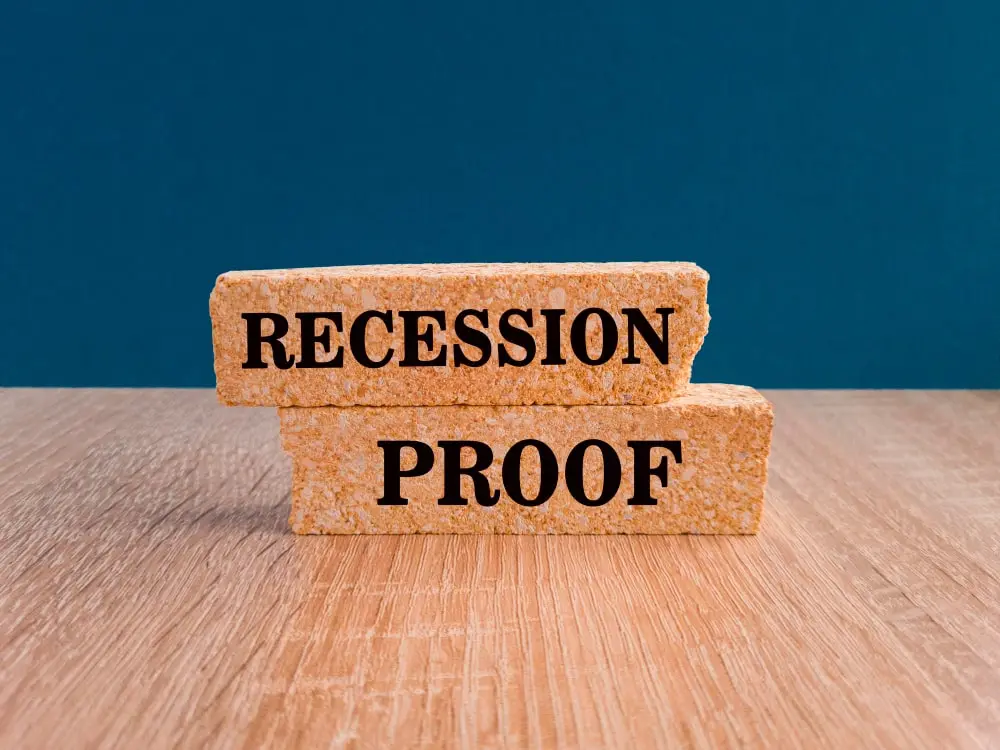Table of Contents
ToggleReal estate investments possess a formidable potential for delivering substantial returns on investments (ROI). A key advantage lies in their ability to generate passive cash flow, exemplified by investments in real estate notes.
These consistent streams of income can serve multiple purposes, covering expenses, repaying loans, and diversifying portfolios by investing in other assets, ultimately fostering wealth accumulation. While investing in real estate notes offers lucrative prospects, maximising ROI demands meticulous planning and strategic decision-making, whether you’re a seasoned investor or just starting. Having a well-thought-out plan is crucial.
Real estate investments stand as a pathway to wealth-building and successful investor status, paving the way for financial independence. Compared to stocks, bonds, or alternative investments, real estate investments tend to yield superior passive cash flow. Engaging in self-directed real estate investments requires identifying robust investment opportunities.
Despite inherent risks, astute investors can leverage strategies to seize opportunities and bolster returns on investments based on the type of real estate investment and individual investors involved. To understand these risks it becomes imperative to first get a brief understanding of ROI of self directed real estate investments.
Understanding ROI of Self Directed Real Estate Investments
Return on Investment (ROI) serves as a universal metric for investors across various asset classes, offering a comparative measure of net profit against the initial investment cost. In self-directed real estate investments, ROI typically arises through property appreciation or assured returns in real estate alongside rental revenue. Multiple factors influence the potential ROI in real estate, encompassing purchase price, interest rates, location, demographics, property types, materials, and strategic approaches.
Market conditions wield significant influence on ROI, while the purchase price itself holds substantial weight. Over-investment in renovations could potentially diminish returns unless property value appreciates. Fluctuating interest rates often sway real estate demand, impacting ROI. Location is pivotal; highly trafficked areas tend to inflate property values compared to remote locales. Material costs directly impact ROI, as escalating prices erode profitability. In the U.S., self-directed real estate investments yield a median annual ROI of approximately 8.6%, as per S&P 500 data.
Residential properties show an average return of 10.6%, while commercial properties and REITs clock in at 9.5% and 11.8%, respectively. Investors scrutinise specific geographic regions or metropolitan areas, analysing returns vis-à-vis capital costs to drive investment decisions.
Various real estate investment strategies offer unique return structures, including popular approaches such as buy-and-hold, flipping, property renting, and investing in REITs or private real estate debt funds. Skillful adjustment to market dynamics enables investors to guide their real estate ventures toward enduring success and strong ROI. These results underscore the multitude of advantages associated with self-directed real estate investments.
Benefits of Self Directed Real Estate Investments
Self-directed IRA real estate investments stand as a robust strategy for individuals seeking greater control over their financial future. Guided by trusted financial advisors, this approach empowers investors to align their decisions with precise financial goals, unlocking possibilities. Let’s explore the distinct advantages that make self-directed IRAs in real estate a compelling avenue for investors seeking amplified ROI and diversified portfolios:
- Having control over your financial future is crucial, and self-directed IRA real estate investments offer a pathway to taking charge of your own financial destiny. With the guidance of a trusted accountant, this strategy enables you to make informed decisions aligned with your financial goals.
- One of its primary advantages lies in boosting your return on investment (ROI) potential. By delving into alternative assets like real estate, you can diversify your portfolio and open doors to higher returns. Additionally, this approach provides greater flexibility and lowers the level of risk an investor typically faces.
- Given the volatility of the stock market, self-directed IRAs serve as a shield for an investor’s ROI against economic fluctuations. This protective measure helps to safeguard your investments from the uncertainties that often plague traditional investment avenues.
- Moreover, this investment strategy facilitates portfolio diversification, granting investors the freedom to explore various assets. This diversified approach doesn’t just offer security but also provides the financial freedom to navigate market fluctuations and potentially maximise returns.
- Maximising returns in self-directed real estate investments involves a strategic blend of considerations and tips that significantly influence the potential for robust ROI.
Tips to increase ROI on Self Directed Real Estate Investments
From selecting the ideal location to managing property effectively and enhancing its value, several critical factors play pivotal roles. Let’s delve into key strategies that can amplify returns and foster long-term success in self-directed real estate investments:
- Maximising returns in self-directed real estate investments involves a multifaceted approach centred on several critical considerations. The first pivotal factor is selecting the right location. Opting for a property situated in a desirable area with excellent access to essential facilities sets the stage for potential appreciation over time. This could mean targeting neighborhoods with strong demand, proximity to schools, public transportation, shopping centers, and other amenities that cater to the needs of potential renters or buyers.
- Another crucial aspect is the type and size of the property. Different property types offer varied financing options, and understanding these options is key to making informed investment decisions. Additionally, assessing the condition of the property before investing is imperative. Properties requiring extensive repairs or ongoing maintenance might not justify the investment in the long run.
- Self-directed real estate investments offer a pathway to building wealth and securing one’s financial future. The financing avenues are diverse, ranging from conventional mortgage options to leveraging equity and exploring innovative strategies like seller financing or crowdfunding.
- However, merely acquiring a property is just the beginning. Effective property management is vital for sustained success. This involves various tasks such as thorough tenant screening, ensuring regular maintenance and timely repairs, and overall proactive management of the property.
- Boosting the value of your investment directly impacts its return on investment (ROI). This involves strategic planning, including renovation projects, adding attractive amenities, improving curb appeal, and landscaping. Such enhancements not only elevate the property’s value but also contribute to its appeal in the market, potentially leading to higher returns in the future.
Conclusion
Self-directed real estate investments offer a pathway to financial freedom through strategic planning, market awareness, and proactive management. Maximizing ROI demands meticulous property selection, astute financial strategies, and a commitment to enhancing property value. By embracing diversification, understanding ROI metrics, and staying adaptable to market dynamics, investors can confidently navigate this lucrative realm, aiming not just for high returns but also long-term financial security.
Embark on a journey of financial empowerment with Munshi Capital, where we guide you through maximizing returns on self-directed real estate investments. Harness the potential of strategic planning and market knowledge to build wealth and secure your financial future. Dive into our resources and expert insights at Munshi Capital, and start transforming your investment portfolio today.





